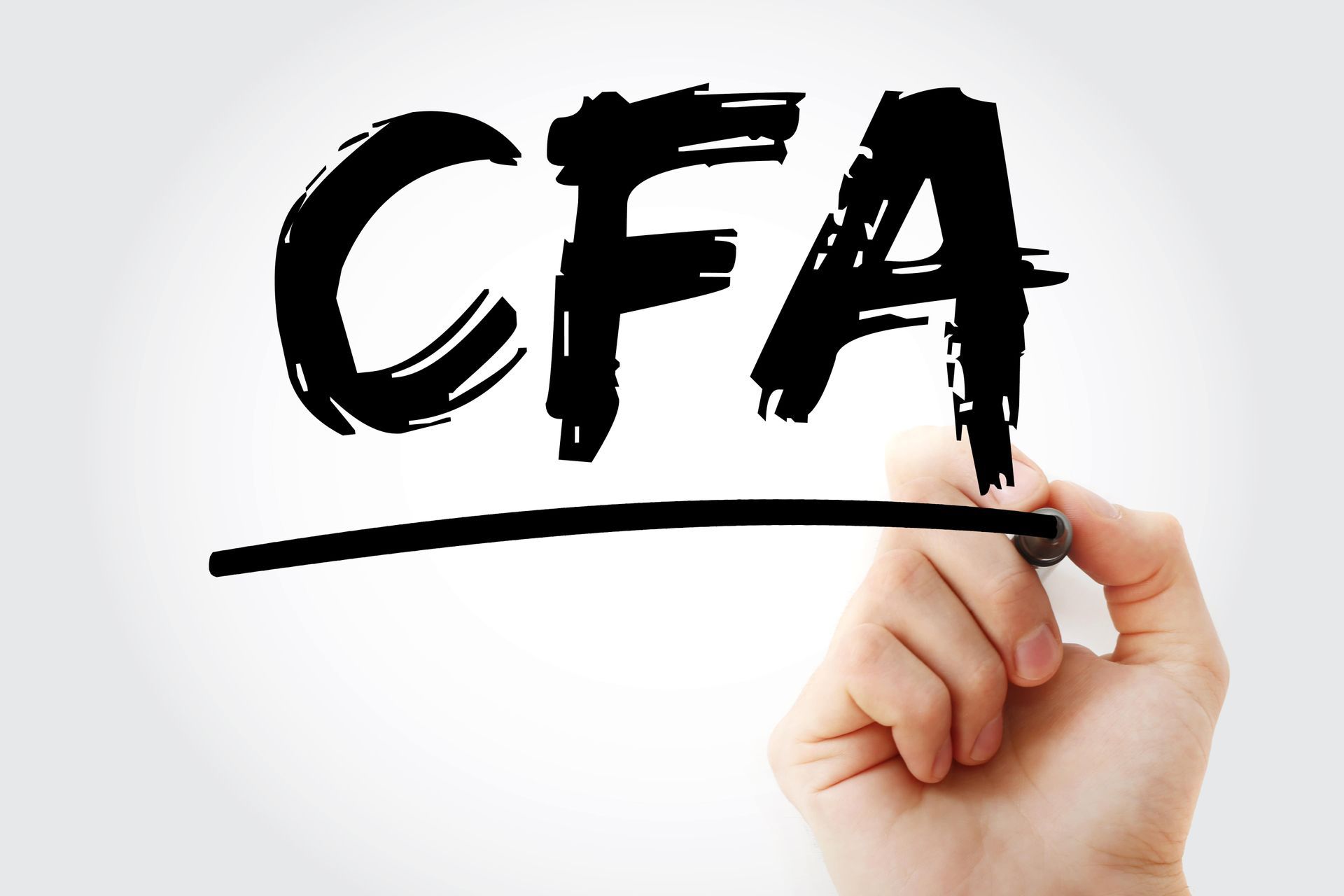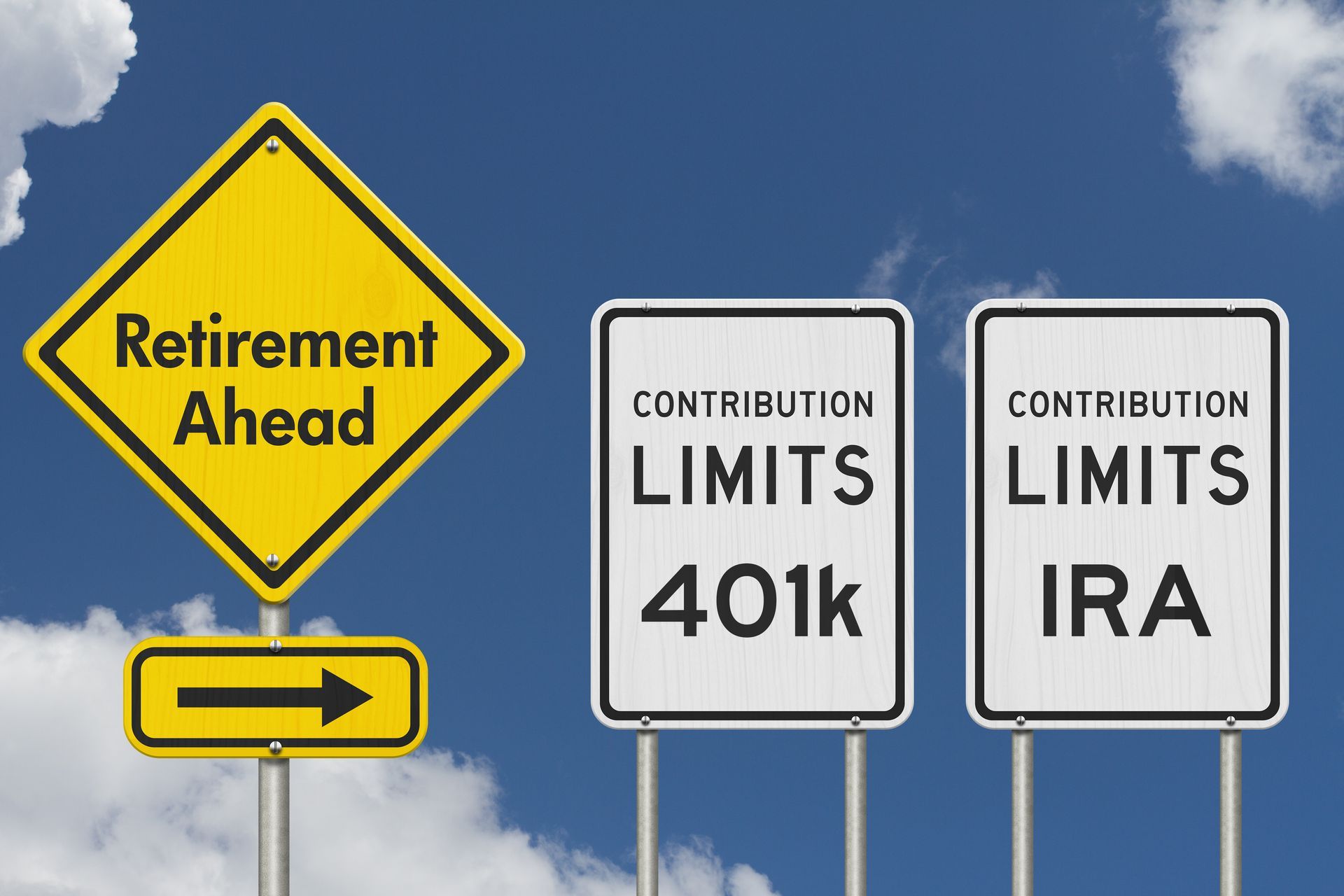What’s the Difference Between a CFA and a CPA?

Financial professions are full of acronyms, many of which are used to designate various professional certifications. Two of the most esteemed are CFA (Chartered Financial Analyst) and CPA (Certified Public Accountant). Though both are prestigious titles in the finance realm, they differ substantially in their areas of expertise, examination processes and career paths.
Areas of Focus and Expertise
CFA: A CFA charter holder typically specializes in investment management. This includes portfolio management, investment analysis, stocks, bonds and other investment vehicles. CFAs often find themselves making investment decisions, recommending individual investments or portfolios and analyzing financial market trends.
CPA: A CPA is an accountant, not necessarily an investment advisor. Their expertise lies in areas like auditing, tax consultation, financial reporting and managerial accounting. CPAs are often responsible for ensuring that organizations adhere to accounting standards, producing and analyzing financial statements and providing guidance on tax strategies.
Examination and Certification Process
CFA: The CFA program consists of three rigorous levels of exams, each demanding extensive preparation. Candidates must clear all three levels, which cover topics like quantitative methods, corporate finance, economics, financial reporting, equity investment and more. It's not uncommon for candidates to spend over 300 hours preparing for each level.
CPA: Becoming a licensed CPA in Arizona is not entirely dissimilar from the requirements in other states – and there’s a lot more to it than just passing the Uniform CPA Examination. To even sit for the CPA exam, accountants must first have spent a lot of time in classrooms (at least 150 credit hours in accounting with 36 hours of non-duplicative accounting).
Work Experience Requirement
CFA: Earning a CFA charter requires at least 4,000 hours of investment-related qualified work experience completed within a minimum of three years. Applicants can earn this experience during or after they’ve already completed a CFA program.
CPA: To qualify for a CPA license in Arizona, accountants must gain a minimum of 2,000 hours of verified professional accounting experience and work for at least a year under the supervision of a licensed CPA at a public accountancy firm.
Career Paths and Opportunities
CFA: CFAs often find roles in asset management firms, hedge funds, investment banks and private equity firms. Common job titles include portfolio manager, research analyst and risk manager.
CPA: CPAs have a broader range of career opportunities since every business needs accounting services. They often work in public accounting firms, corporations, government agencies or as independent consultants. Common jobs for CPAs include controllers, financial analysts, tax consultants or auditors.
Global Recognition
CFA: The CFA designation is globally recognized and offers a standardized skill set for investment professionals worldwide.
CPA: The CPA designation, while highly esteemed, is more region-specific. Arizona does not offer license reciprocity, meaning earning a CPA license in another state doesn’t make you a CPA in Arizona. Out-of-state CPAs would need to seek licensure in Arizona before operating as a CPA here – although the experience and education are generally all transferrable.
Continuing Education
CFA: Once the CFA charter is obtained, charter holders are encouraged to maintain their knowledge and skills through the CFA Institute’s continuing education program, although it isn't mandatory.
CPA: CPAs typically have a mandatory continuing education requirement to ensure they stay updated with changes in accounting standards and practices. In Arizona, CPAs must complete at least 80 hours of approved continuing education in every two-year license period (including 40 hours of technical accounting, 16 hours on auditing and taxes, 16 hours in classrooms or webinars and at least four hours on ethics). There is no retesting requirements for CPAs in Arizona.
Do You Require the Assistance of an Arizona CPA?
While both the CFA and CPA designations denote a high level of expertise and professionalism, they cater to different niches within the finance world. If you need an investment advisor to dive deep into the nuances of your portfolio management, scheduling a consultation with a CFA may be a good idea. The team at H&H Accounting Services, including our CPA, is committed to offering reliable, worry-free accounting services for individuals and businesses in the Phoenix area. If you need help with retirement planning, it may be better to call a CFA. If your business needs compilations, cash flow consulting or just day-to-day bookkeeping assistance – call H&H Accounting Services. Schedule a free one-hour consultation by calling (480) 561-5805.



